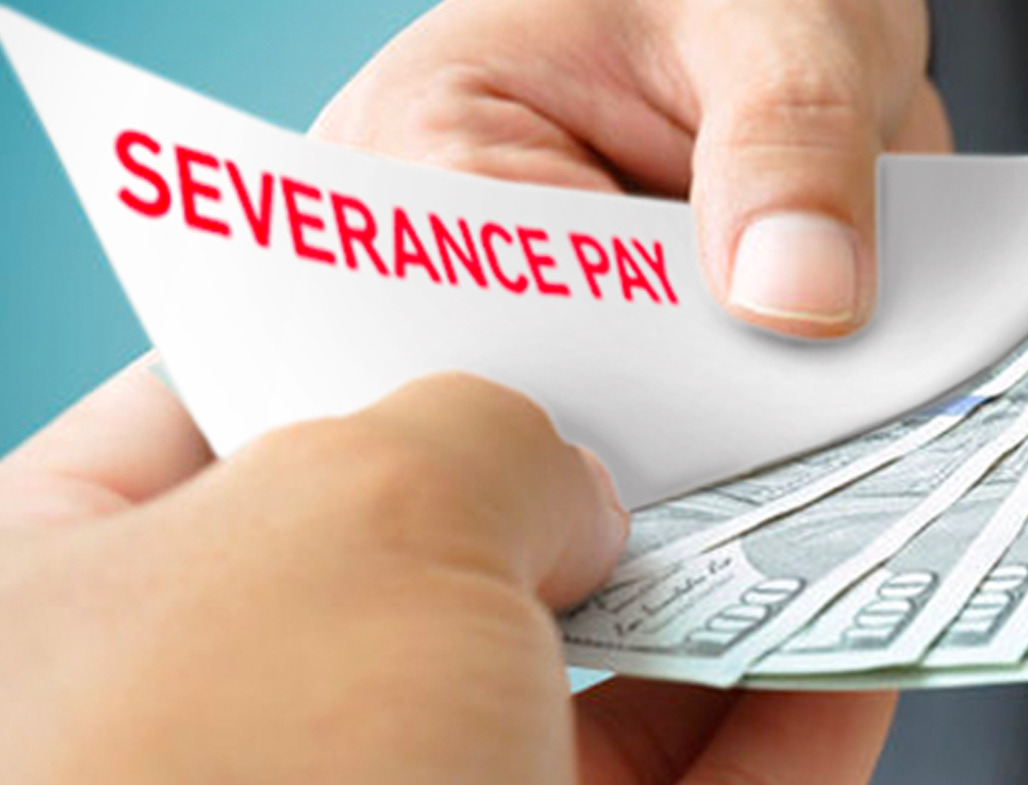Leaving a job can be an exciting but also challenging time. Amidst the flurry of tasks and emotions, it’s essential to ensure that you understand your rights and entitlements regarding payment. In this article, we will explore the various aspects of getting paid when you leave a job, covering important subheadings such as final paycheck, accrued vacation or paid time off (PTO), severance pay, and other considerations.
Final Paycheck

When you leave a job, you are generally entitled to receive your final paycheck, which includes any unpaid wages or salary for the hours you worked. You can turn to thepaystubs.com and get the overall information about your salary within the company. The timeframe for receiving your final paycheck may vary depending on local employment laws or company policies. Some jurisdictions require employers to issue the final paycheck on the employee’s last day, while others may allow a specific grace period, such as within a few days or the next regular payday.
Accrued Vacation or PTO

If you have accrued vacation time or paid time off (PTO) that you haven’t used, you may be entitled to receive payment for those unused days. Again, the rules regarding payment for accrued time off may vary by jurisdiction and company policy. Some employers may allow you to take your accrued time off before your last day, while others may prefer to pay you for the unused days along with your final paycheck.
Severance Pay

In certain situations, such as a layoff, termination without cause, or a company-wide restructuring, you may be eligible for severance pay. Severance pay is an additional compensation package offered by employers to departing employees, usually based on factors such as length of service, position, or company policies. The amount of severance pay can vary widely and may include a lump sum payment or continued salary for a specified period. It’s important to review your employment contract, collective bargaining agreement, or local laws to determine if you are entitled to severance pay.
Non-Compete Clauses and Garden Leave

Some employment contracts may include non-compete clauses or garden leave provisions. A non-compete clause restricts employees from working for a competing company for a specified period after leaving their current job. In some cases, employers may choose to place employees on garden leave, where they are still employed but not required to work, often to prevent them from joining a competitor immediately. It’s important to understand the terms and restrictions associated with these provisions, as they can impact your ability to secure new employment or receive compensation during the restricted period.
Retirement or Pension Benefits
If you have been contributing to a retirement plan or pension scheme during your employment, you may have vested rights to those funds. The rules regarding accessing retirement or pension benefits can vary significantly, so it’s crucial to review the specific terms of your plan. In some cases, you may be eligible to withdraw the funds or roll them over into a new retirement account, while other plans may have restrictions on accessing the funds until a certain age or meeting specific criteria.
Health Insurance and Other Benefits
When leaving a job, you may lose access to employer-sponsored health insurance or other benefits such as dental or vision coverage. However, you may be eligible for COBRA continuation coverage, which allows you to extend your health insurance coverage for a limited period. It’s important to inquire about COBRA or other options for continued coverage to ensure you maintain health insurance during the transition period. Additionally, consider other benefits like life insurance, disability insurance, or flexible spending accounts and understand how they may be affected by your departure.
In conclusion, leaving a job involves more than just saying goodbye to colleagues and packing up your desk. Understanding your rights and entitlements regarding payment is crucial. Ensure you receive your final paycheck, know how accrued vacation or PTO is handled, explore the possibility of severance pay, review any non-compete clauses or garden leave provisions, understand retirement or pension benefits, and consider the impact on your health insurance and other benefits. By being well-informed, you can confidently navigate the financial aspects of leaving a job and set yourself up for success in your next professional endeavor.

